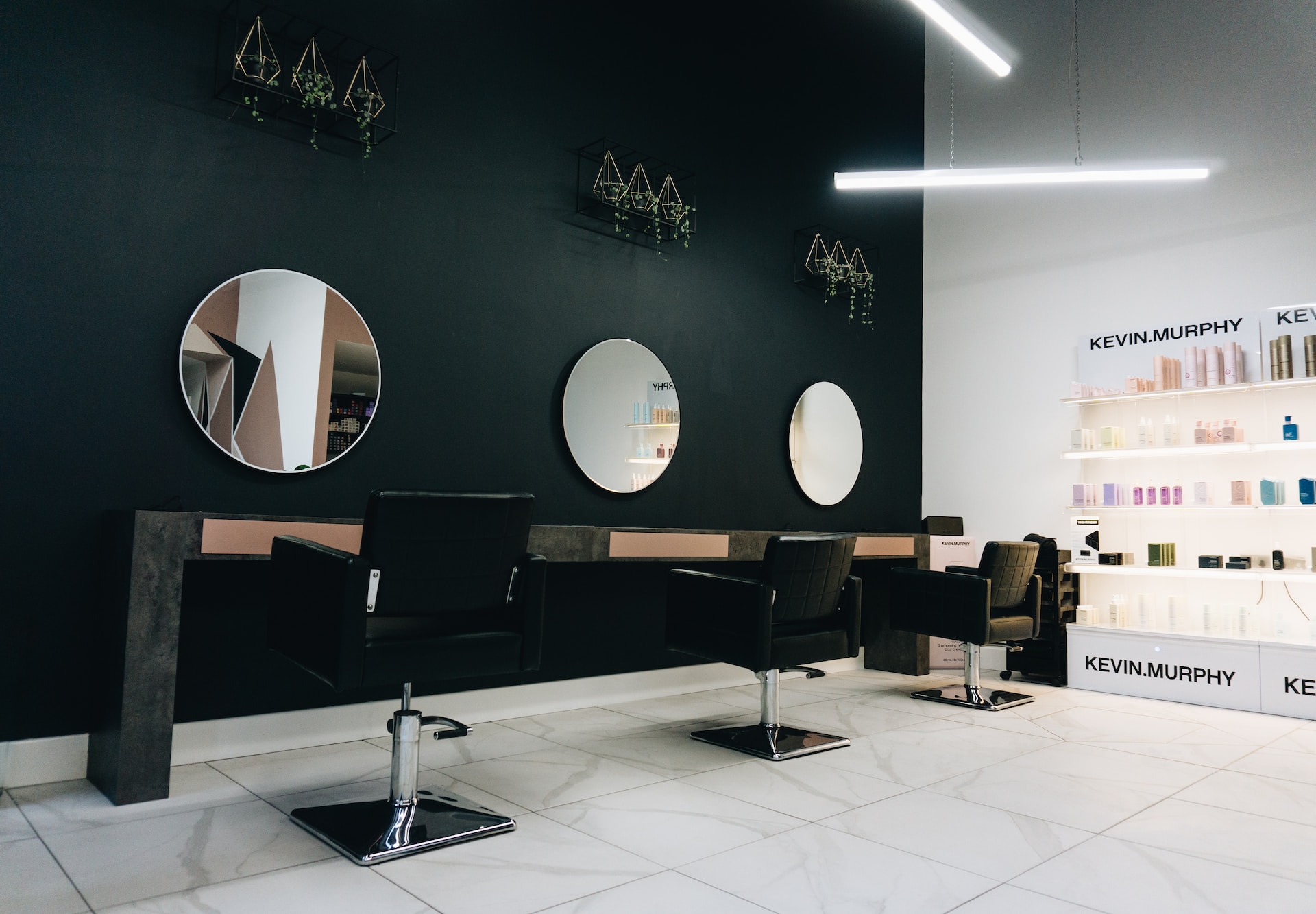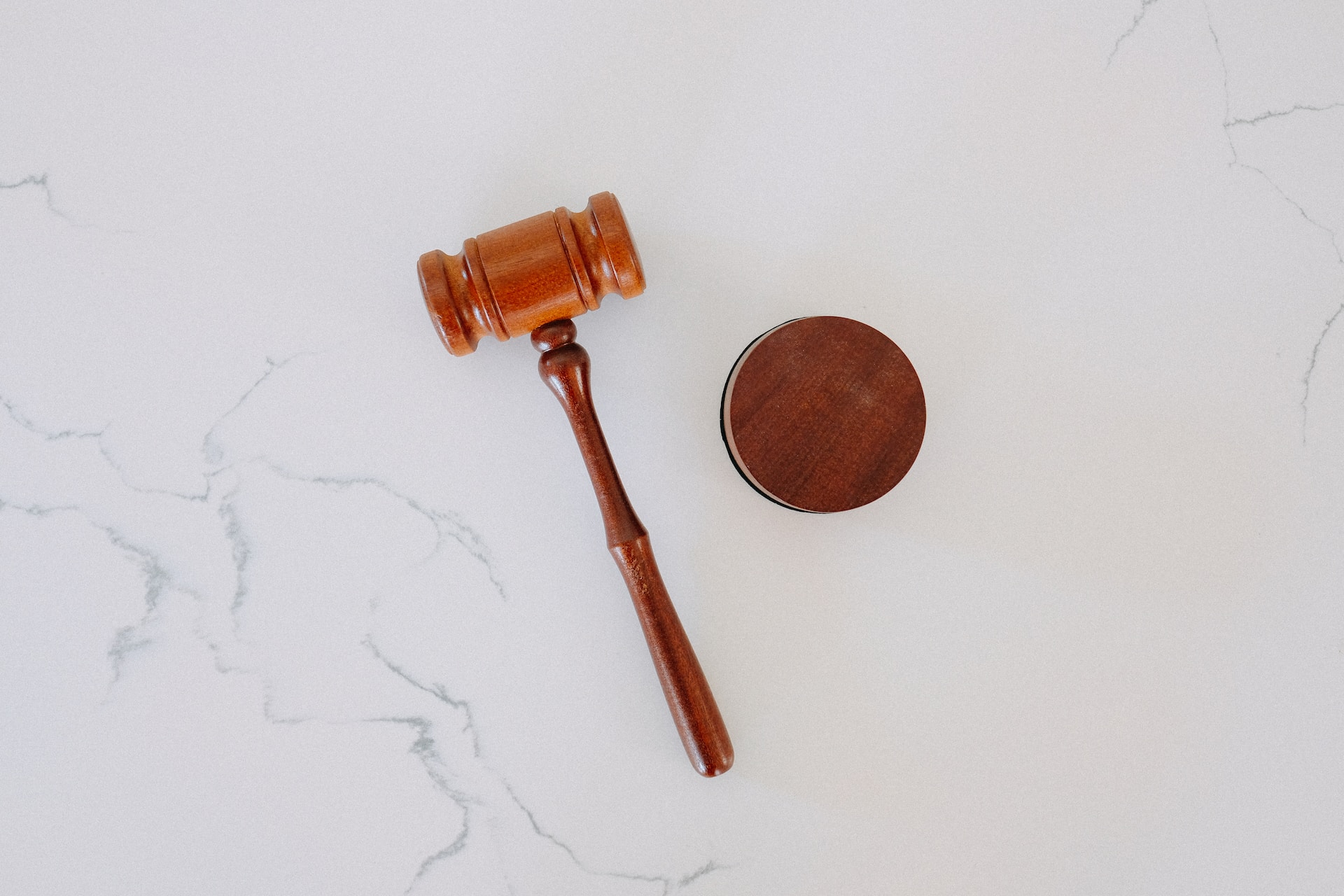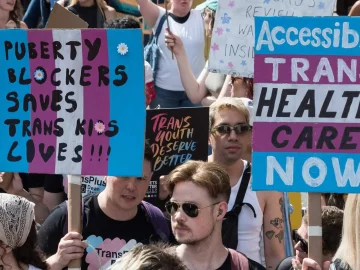LANSING, Mich. — A legal dispute has arisen involving Studio 8 Hair Lab, a Northern Michigan hair salon, triggered by a contentious Facebook post by the salon’s proprietor, Christine Geiger. In the post, Geiger clearly indicated that her salon would not provide services to individuals who do not conform to traditional male or female gender identities.
An upcoming evaluation by an administrative law judge is expected to shed light on the appropriate course of action. The recommendations from this evaluation will play a pivotal role in determining the final decision of the Michigan Civil Rights Commission regarding the lawsuit.
Potential Consequences and Salon Owner’s Response
Studio 8 Hair Lab may face a range of penalties due to the alleged discriminatory conduct. These could include compensation for the emotional and psychological distress claimed by the complainants and other punitive measures like fines or possibly losing their business license.
Geiger, who has not made public statements on the matter, has launched a legal counteraction against Traverse City and the trio who filed complaints. Her legal representative, David DeLaney, argues that Geiger’s statements are safeguarded by her rights to free speech and religious beliefs. Geiger asserts that she did not physically restrict access to her salon.

Broader Legal Context of the Dispute
At the heart of this legal battle is the Elliott-Larsen Civil Rights Act of Michigan, a crucial legislation that forbids discrimination in multiple areas, including gender, in sectors like employment, housing, and access to public amenities. This Act is poised to expand its scope to encompass protections against discrimination due to sexual orientation and gender identity, effective from February 2024.
John E. Johnson Jr., serving as the executive director, alongside Marcelina Trevino, the director of enforcement at the Michigan Department of Civil Rights, have indicated that Studio 8 Hair Lab’s practices are in violation of this statute, particularly concerning discrimination based on gender identity and sexual orientation.
The case underscores the intricate dynamics that exist between the rights of business owners, the principle of free speech, and the enforcement of legal provisions designed to combat discrimination relating to gender identity and sexual orientation.
©unitedradiance.org




